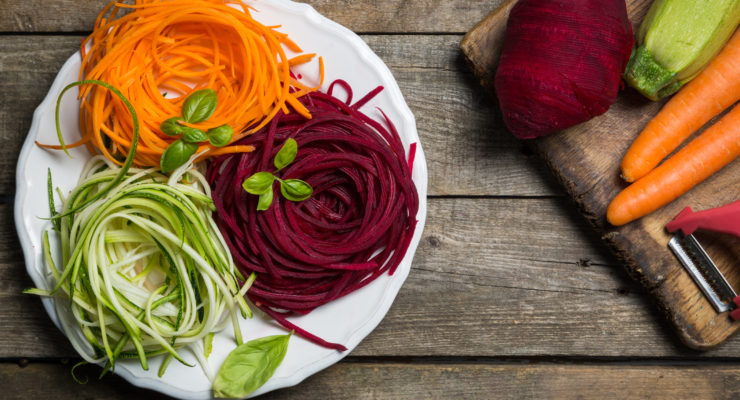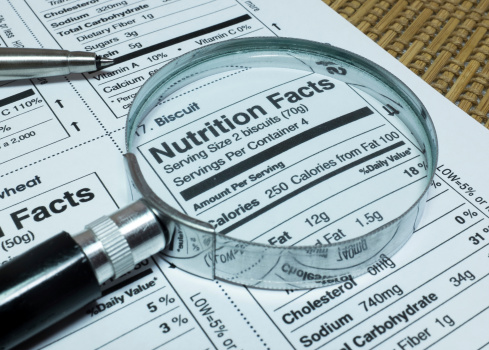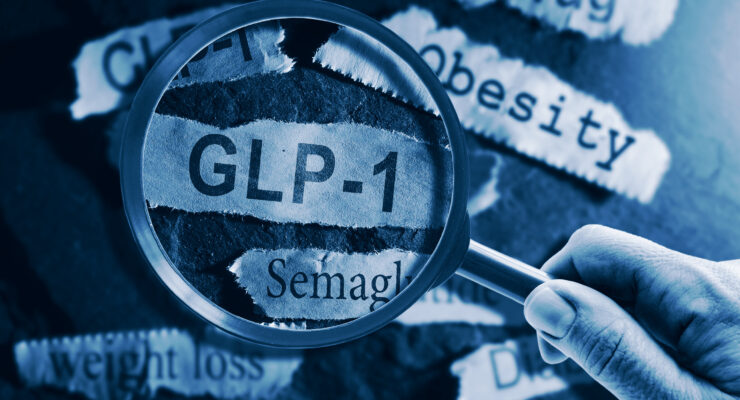Sudden Weight Gain? 8 Sneaky Reasons Your Weight Jumped Today
Article posted in: Diet & Nutrition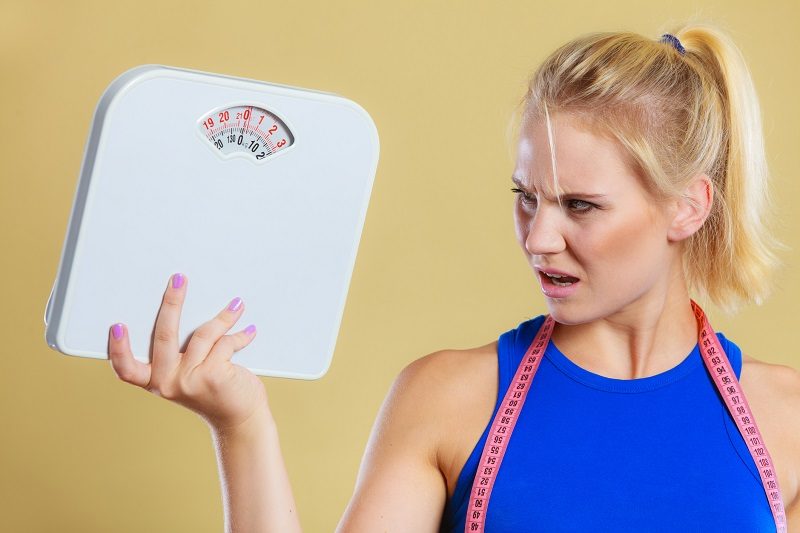
You step on the scale in the morning and gasp from what looks like a sudden weight gain. Not only has your week’s weight loss vanished, there’s an extra pound there that you can’t account for. Unless you know you went overboard on calories, you can relax. You didn’t suddenly add on pounds of unhealthy fat. You’re just heavier.
What’s the difference? Overeating is what piles on the fat, but something as simple as weighing yourself right after a meal, overdoing it on salty foods the day before you weigh, or an extra hard workout can add weight that isn’t fat. Even better—it goes away! Usually, it’s just a matter of time.
Knowing what can alter the scale without altering your body is important. A sudden weight gain can be discouraging when you’ve done everything right. It can lead you to abandon your efforts on the spot.
Here are eight reasons you might be experiencing sudden weight gain, and how your scale might not be giving you the whole picture:
1. You chowed down on too many salty foods.

You probably know that sodium, the main chemical in salt, causes water retention. That can be the reason you wake up after a day of eating high-sodium foods and your scale seems to be going haywire. Until you shed that water, it’s going to look like you’re experiencing a sudden weight gain, but it’s likely not fat unless you also overate calories.
But there’s another good reason besides water weight gain to avoid salty fare. Salt makes you hungry! An international study on “astronauts,” published in the the Journal of Clinical Investigation, in a mock space ship on a simulated mission to Mars found that not only do you retain more water when you overeat salt, you’re not as thirsty afterwards as you are hungry. If it makes you eat, too much sodium in your diet could lead to real weight gain instead of something temporary.
2. It’s that time of the month.

For a few days of your menstrual cycle, you may feel like you’re taking on more water than the Titanic. Most women experience “fat days” during their periods. In fact, fluid retention and bloating are two of the most common symptoms that occur around the first day of a woman’s period, according to a study of 62 women published in Obstetrics and Gynecology International.
So if the scale nudges up at the same time every cycle, don’t sweat it. Unless, of course, you’ve also experienced other menstrual pitfalls such as depression, increased hunger and carb craving. The fluctuations of hormones during your cycle can trigger all three, according to Psychology Today. If you’ve been treating your premenstrual blues with chocolate and other carbs, you could be bulking up with more than water. Plan ahead by having healthy carbs, such as fruits and whole grains, on hand to help keep your blood sugar on an even keel and defeat both hunger and cravings till they pass.
3. You’re drinking lots of water.

Yes, this is a good thing because you’re filling up on something that will ultimately get flushed away. And when you’re on a diet, water is your friend. A 2010 study by researchers at Virginia Tech found that people who chugged down two cups of water before each meal lost an average of five pounds more than those who didn’t. But if you weigh yourself too closely to the time you gulped a few glasses down, it’s going to register as a sudden weight gain on the scale. Two cups of water weighs roughly one pound. Give yourself a little time to get rid of it before hopping on the scale.
4. You just ate.

Try to remind yourself the meal you just consumed, however large or small, hasn’t had enough time to turn into body fat. If your scale tells you that you put on a pound or more since morning, you’re probably seeing the weight of the food. Most experts recommend that when you do weigh yourself, it should be in the morning when you’ve essentially fasted for eight hours. Then, whatever the scale tells you, it’s likely to be more accurate.
5. You worked out like a fiend.

A tough workout can lead to sore muscles. According to American Journal of Physiology, much of that soreness is causes by microscopic tears in your muscle tissue—the prescription for a little bit of pain and a little bit of gain. Your body recognizes those tears as an injury, so it turns on your immune system’s inflammatory process, the one that sends healing cells and fluid to the site of a cut or wound. That’s why you might see swelling and experience stiffness at the site. That little extra fluid might show up the next day as weight on the scale, but according to the Journal of Applied Physiology, it will subside as the inflammation helps your muscles repair and regenerate. (And by the way, those micro-tears are how you build muscle, so this pain is definitely your gain.)
6. You carb loaded.
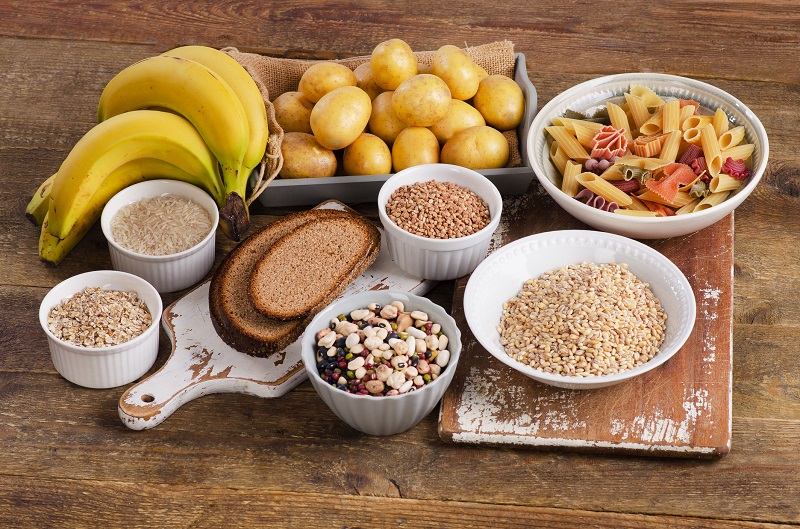
Even healthy carbs can lead to water retention. According to the YMCA, some carbs, like veggies and fruit, contain lots of fluid and after you eat them, so do you. Also, your body stores energy in the form of glycogen which retains water. That’s what makes you feel bloated after a high-carb meal. Good news: You can exercise that stored energy off and the water with it.
7. You’re on meds that make you retain fluid.

Nonsteroidal inflammatory drugs such as ibuprofen and hormone-based medications such as birth control pills are among the most commonly taken drugs that might make you gain water weight (Birth control pills may also lead to real weight gain for some people.) Water weight is commonly misconceived as a sudden weight gain. Read the potential side effects of all the drugs you take. Talk to your doctor about other treatments that don’t have water retention as a side effect.
8. You haven’t had a bowel movement.

Scientists once actually weighed the fecal material in the bowels of people from 12 different countries. The average weight, according the study published in the journal Gastroenterology, was somewhere between two-and-a-half ounces and one pound. If you’re not exercising or eating enough fiber, that weight can show up on the scale. Even worse, it could put you at greater risk of colon cancer, which is what the researchers were studying.
Haven’t started your weight loss journey yet? Get started with a Nutrisystem meal plan today!



